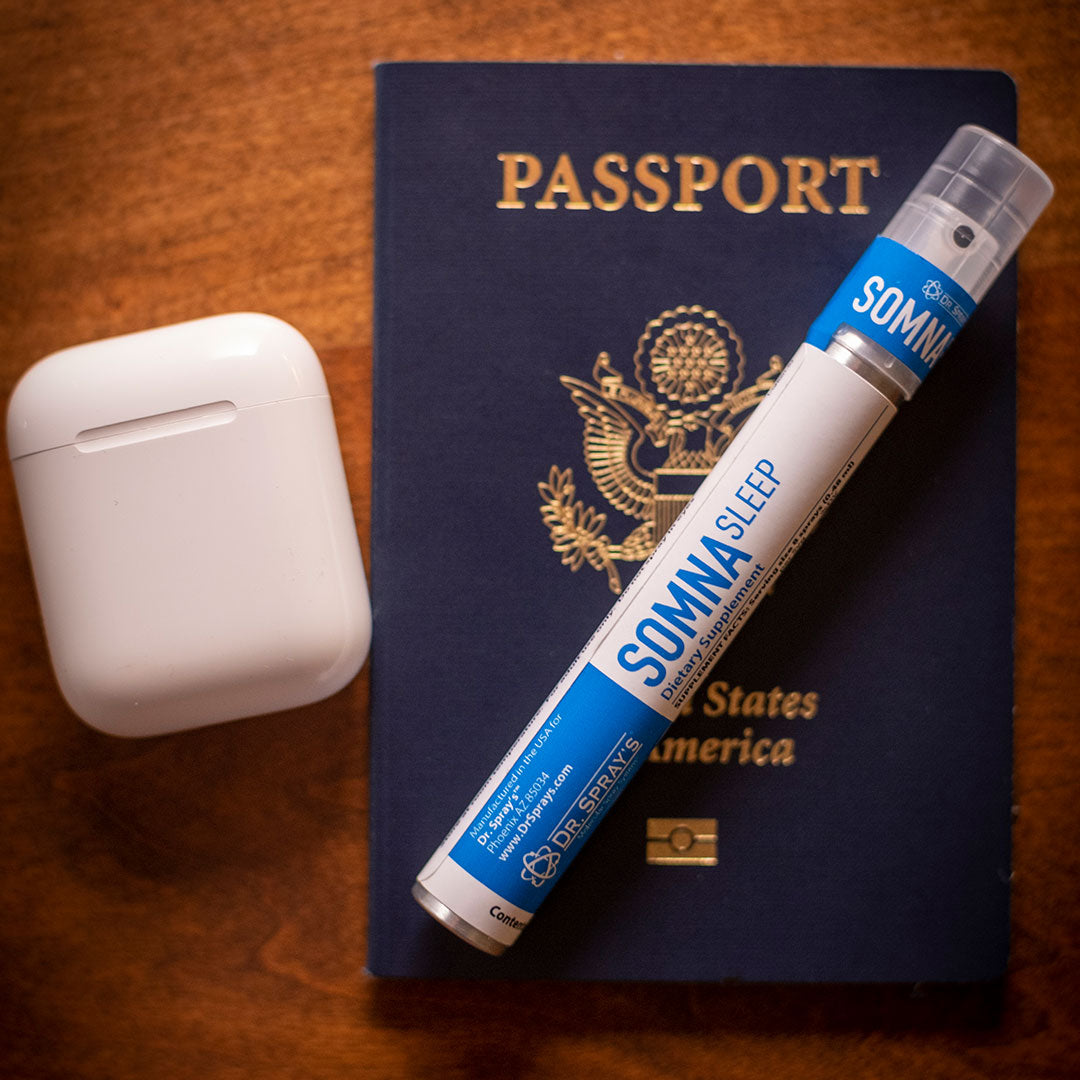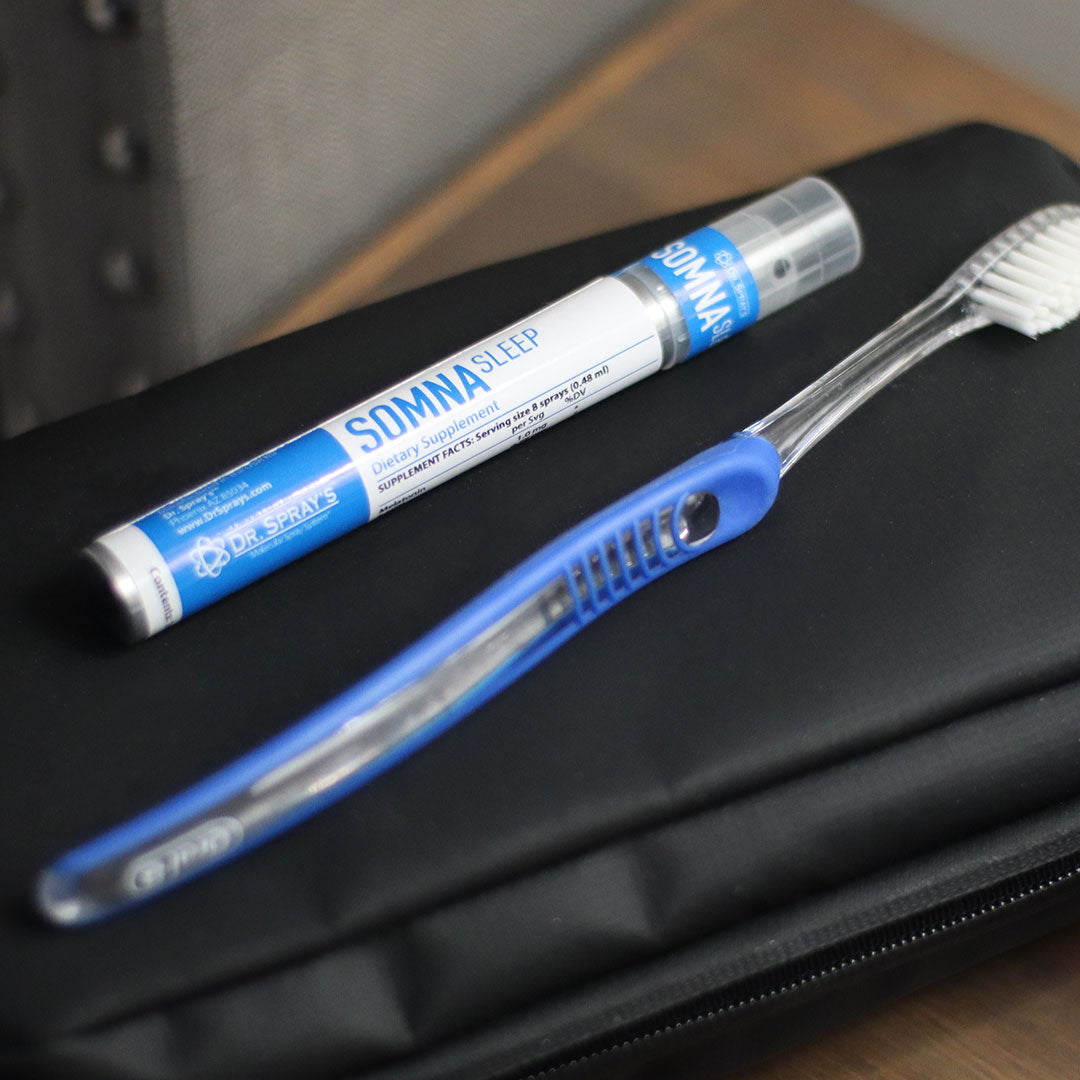How Do You Get A One Year Old To Sleep?
If you're a parent of a one year old, you may be wondering how to get your little one to sleep through the night. While there is no one-size-fits-all answer to this question, there are a few things you can do to help your child get the rest they need.
One of the best things you can do is establish a bedtime routine. A bedtime routine can help cue your child's body that it's time to wind down and go to sleep. Try to stick to the same routine every night, and include activities such as reading a story or taking a warm bath.
It's also important to create a sleep-friendly environment in your child's bedroom. Make sure the room is dark, quiet, and cool - all factors that can help promote sound sleep. You may also want to consider investing in a white noise machine to help drown out any outside noise that could disturb your little one's slumber.
Finally, keep in mind that some children simply take longer than others to learn how to sleep through the night. If you've tried everything and your child is still having trouble, talk to their doctor. They may be able to offer additional tips or suggest a sleep training method that could help.
1. Establish a routine
One of the best ways to help your child sleep through the night is to establish a bedtime routine. A few weeks before you want to start implementing a sleep schedule, start gradually moving your child's bedtime earlier by 15 minutes each night. Once you've reached the desired bedtime, stick to it as closely as possible every night. This will help cue your child's body that it's time to wind down and go to sleep.
2. Keep the environment dark and quiet
When it's time for your child to go to sleep, make sure their sleeping environment is dark and quiet. This will help signal to their body that it's time to sleep. If your child is resistant to sleeping in a dark room, you can try using a nightlight.
3. Create a comfortable sleeping environment
It's important that your child's bedroom is comfortable and conducive to sleep. Ensure that the room isn't too hot or too cold and that the mattress is firm and comfortable. You may also want to consider using white noise to help your child fall asleep and stay asleep.
4. Avoid electronics before bed
It's best to avoid electronics in the hour leading up to bedtime. The light from screens can stimulate the brain and make it harder to fall asleep. If you must use electronics before bed, try using blue light filtering glasses or software to reduce the amount of blue light exposure.
5. Avoid caffeine
Caffeine can stay in the system for up to 8 hours, so it's best to avoid it after lunchtime if you want your child to sleep through the night. If you do give your child caffeine, make sure to do so earlier in the day.
6. Give your child time to wind down
In the hour before bedtime, give your child some time to wind down and relax. This might mean reading a book together, taking a bath, or playing calm music. Avoid activities that are too stimulating or exciting before bed.
7. Avoid problem solving during bedtime
If your child has difficulty falling asleep, resist the urge to problem solve with them during bedtime. This will only make them more anxious and make it harder for them to fall asleep. Instead, keep things low key and calm.
Sleep is important for both adults and children alike. By following these tips, you can help ensure that your child gets the quality sleep they need!










